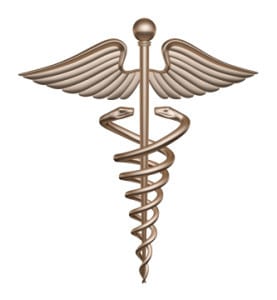
The World Food Programme has become the latest intergovernmental institution to show support for digital ID technology, in this case through its Digital Health Innovation Acceleration Programme (DHIAP).
Launched in 2021, the DHIAP has organized an “Open Challenge” focused on accelerating scalable digital innovations that could be used to help in the ongoing COVID-19 vaccination rollouts around the world, and to prepare for the next pandemic. To that end, a “Call for Innovation” was issued for firms that could produce a compelling proof of concept and sustainable business model.
Almost 200 applications came in, of which eight were selected for the WFP Innovation Bootcamp aimed at connecting the ventures with technical experts and industry mentors – and offering the chance to apply for the WFP Sprint Programme, an accelerator program offering up to $250,000 in support. Ultimately, three teams were selected to the WFP Sprint Programme, and MedTrack was one of them.
MedTrack is focused on developing and delivering a cloud-based, comprehensive electronic patient health records solution that protects patients’ privacy. And during MedTrack’s term with the WFP Sprint Programme, the startup will be working on a pilot that integrates the solution with a national digital ID system in Ghana. The aim, according to a WFP Innovation Accelerator blog post, is to “give healthcare providers real-time access to patient data and allow for continuity of care, while also providing a secure way to store and share patient information.”
The project is just getting underway, but it’s notable for the important role that digital ID technology will play in it, and for the institutional support involved. The DHIAP is administrated by the WFP Innovation Accelerator and BMZ digilab with support from the German Development Bank KfW and the Bill and Melinda Gates Foundation, among others.
The Gates Foundation had notably committed $200 million in funding for Digital Public Infrastructure in September, during an event that ran alongside the UN General Assembly. In making that announcement, the Gates Foundation had explained that ‘Digital Public Infrastructure’ comprises “tools such as interoperable payment systems, digital ID, data-sharing systems, and civil registry databases.”
More recently, leaders from the G20 Summit formally expressed their commitment to supporting international collaboration on “trusted global digital health networks… that should capitalize and build on the success of the existing standards and digital COVID-19 certificates.”
The latest announcement from the World Food Program’s DHIAP concerning MedTrack’s entry into an accelerator program that promises access to funding and other support shows how these broad gestures from philanthropic and government leaders are already being crystallized into real-world efforts.
Source: WFP Innovation Accelerator

Follow Us